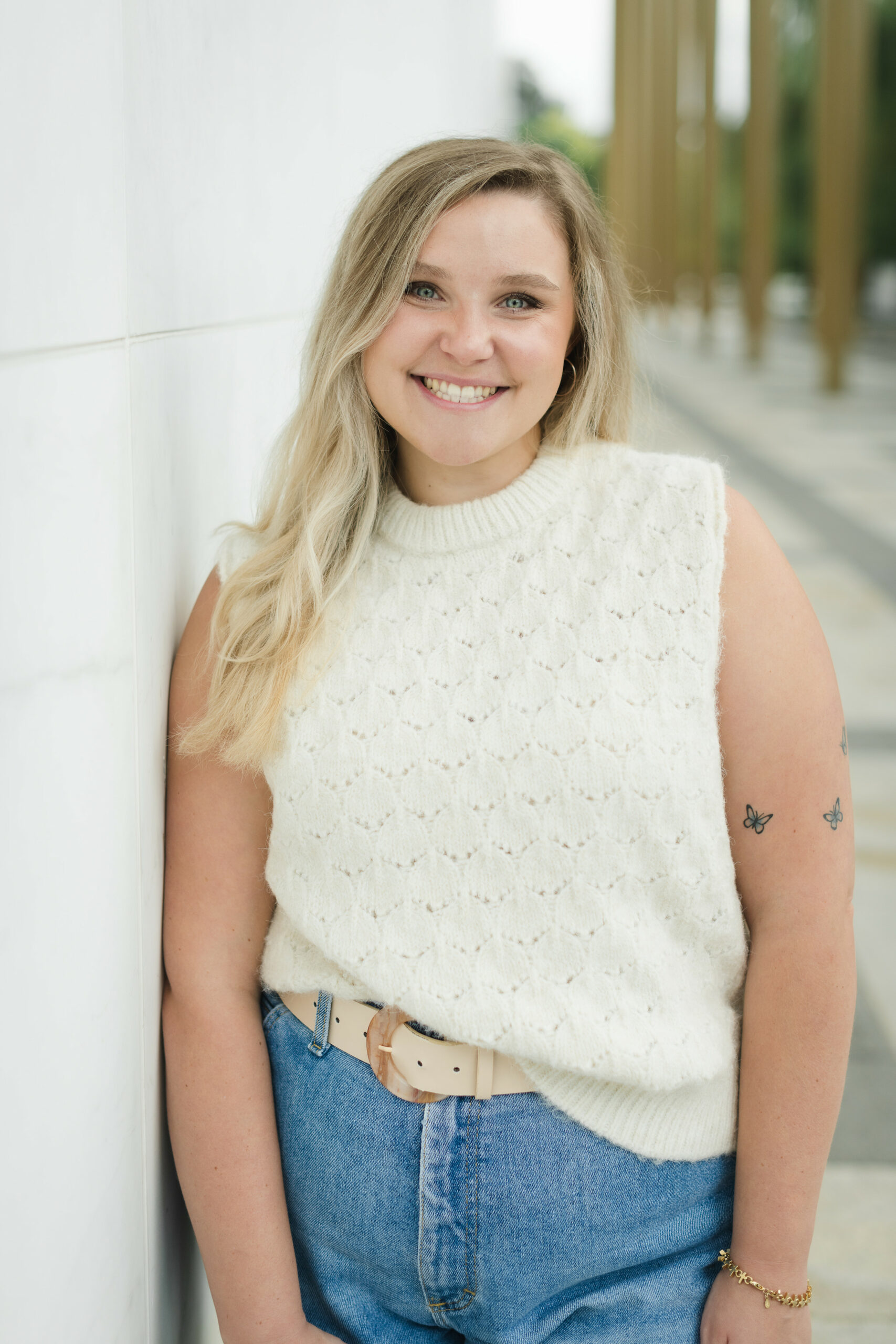In the journey to heal from an eating disorder, seeking help from both a dietitian and a therapist can make a significant impact. These professionals bring different areas of expertise to the table, working together to support individuals on their path to recovery. Keep reading to learn 5 ways dietitians collaborating with therapists can be beneficial to clients.
Therapists: Navigating Emotional Terrain
Therapists play a crucial role in addressing the emotional aspects of eating disorders. They are trained to explore the underlying thoughts, feelings, and behaviors that contribute to disordered eating. Therapists help individuals identify triggers, cope with stress, and build healthier coping mechanisms. By delving into emotional terrain, therapists assist clients in developing a more positive relationship with food and their bodies.
Dietitians: The Nutritional Navigators
Dietitians specialize in the nutritional aspects of recovery. They provide practical guidance on meal planning, nutritional goals, and food exposures. Dietitians help individuals establish regular eating patterns, ensuring they get the nutrients needed for physical and mental well-being. Through education and support, dietitians empower clients to make informed food choices, promoting a sustainable and healthy relationship with food.
Overlap in Discussion
While therapists and dietitians have distinct areas of expertise, there is often an overlap in the topics they discuss with clients. Both professionals address body image concerns, the emotional side effects of food, and the impact of societal pressures on body ideals. Additionally, they collaborate on identifying and challenging distorted thoughts related to food and body image. This integrated approach ensures that individuals receive comprehensive support, addressing both the emotional and nutritional components of their eating disorder.
Many clinicians feel uncomfortable when roles become reversed- dietitians talking about emotions and therapists talking about food. And while we must stay within our scope of practice, if we wrap ourselves up in the thoughts of “this is your lane of practice and this is mine” we might be missing key information and taking the focus away from providing adequate care. Below are 5 ways that this type of collaboration between therapists and dietitians can benefit their clients.
1. Provide Comprehensive Treatment
Dietitians focus on the nutritional aspects of recovery, while therapists address the psychological and emotional components. Collaborating ensures a holistic approach that considers both physical and mental well-being.
2. Address Root Causes
Therapists help uncover any underlying psychological issues that may be contributing to disordered eating, while dietitians work on establishing healthy eating habits. By addressing root causes together, clients receive comprehensive support for lasting recovery.
3. Create Individualized Meal Plans
Dietitians can tailor meal plans based on a therapist’s insights into their clients’ emotional triggers and coping mechanisms. This personalized approach ensures that nutritional recommendations align with the client’s emotional and mental needs.
4. Offer Consistent Communication and Support
Regular communication between dietitians and therapists ensures a unified and cohesive treatment plan. Sharing observations, progress, and challenges allows for adjustments that consider both nutritional and psychological aspects, promoting overall well-being.
5. Educate Clients
Dietitians educate clients on nutrition, meal planning, and intuitive eating, while therapists provide tools for coping with emotional struggles. The combined expertise provides clients with a well-rounded understanding of how nutrition and mental health are interconnected.
Final Thoughts on Collaborative Care Between Therapists and Dietitians
Effective collaboration between therapists and dietitians is key to successful treatment outcomes. Regular communication and coordination between these professionals enable them to align their strategies and reinforce the client’s progress. For example, a therapist may provide insights into emotional challenges that impact eating behaviors, allowing the dietitian to tailor nutritional advice accordingly. Likewise, a dietitian may communicate specific nutritional goals to the therapist, enabling them to incorporate these into the overall therapeutic plan.
The collaboration between eating disorder dietitians and therapists is a powerful partnership that addresses the complex nature of disordered eating. By combining emotional support and nutritional guidance, these professionals offer a holistic approach to recovery. The shared goal is to empower individuals to develop a healthy relationship with food, cultivate positive self-esteem, and ultimately achieve lasting well-being. In this effort, individuals can find the support they need to navigate the journey toward a healthier and more balanced life.
Contact Us
Courage to Nourish is a group of eating disorder specialized dietitians. We have in-person locations in Alexandria, Virginia, Columbia, Maryland. and College Park, Maryland. We offer virtual services across the state of Virginia, Washington DC, Pennsylvania, and Colorado. We offer individual nutrition therapy. As well as support groups. We would love to guide you in building a better relationship with food.
Emilee Young, RD, LD, is an eating disorder dietitian who serves Alexandria, VA, Richmond, VA, Charlottesville, VA, Norfolk, VA, Virginia Beach, VA, and Roanoke, VA. She provides in person services in our Alexandria, VA office and virtual services elsewhere. Emilee also sees clients who live in Maryland and DC.
Contact us for more information. And to schedule a discovery call. Also, sign up for our client or clinician newsletter!
Take one of our eating disorder quizzes:

I am a Registered Dietitian dedicated to helping those in recovery. I enjoy helping individuals work towards body acceptance and find food freedom. I am a fat-positive and anti-diet dietitian practicing from an intuitive eating lens. I enjoy working with folks who struggle with binge eating disorder (BED). I serve clients virtually and in person throughout DC and Maryland. Growing up in Virginia, I am passionate about supporting clients throughout the greater areas of Richmond, Virginia Beach, Charlottesville, and Roanoke.


